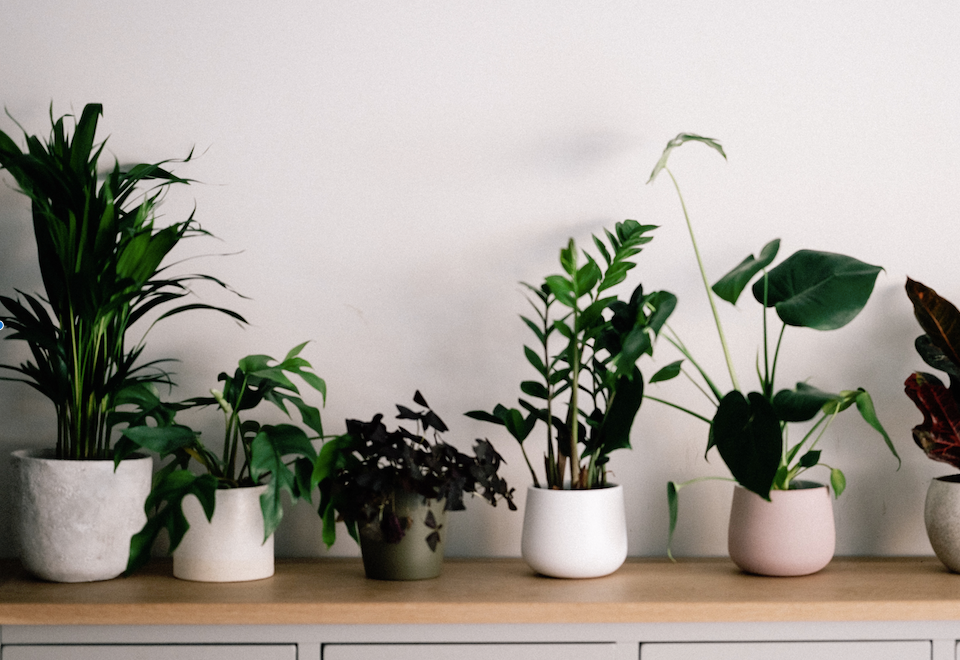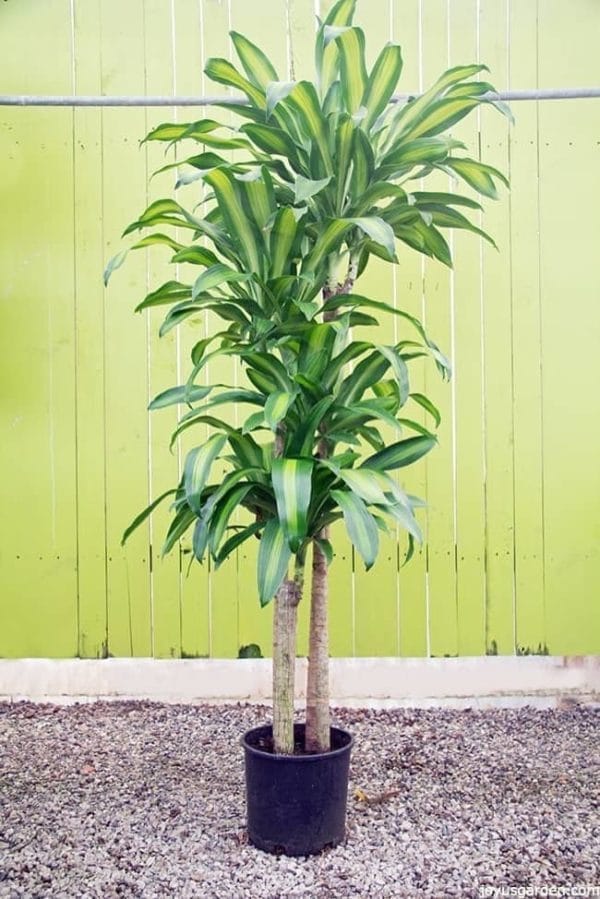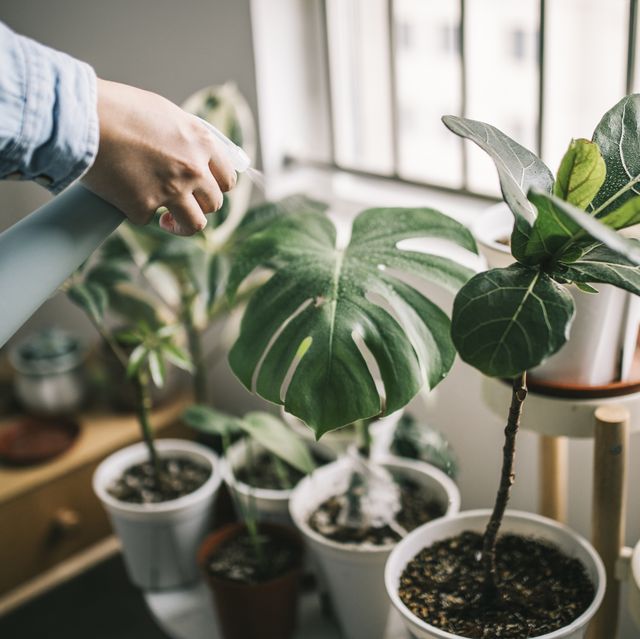Best Low-Light Indoor Plants That Thrive with Minimal Sunlight
Wiki Article
Transform Your Home With Beautiful Low-Light Indoor Plants and Their Benefits
Incorporating low-light indoor plants into your home can dramatically boost both the visual and ecological high quality of your home. These plants, which grow in dark conditions, serve not only as decorative components yet additionally as all-natural air purifiers, making them suitable for metropolitan residents or those with restricted sunlight direct exposure. As we discover the different sorts of low-light plants and their benefits, you might locate unusual methods to integrate them into your home that can transform your surroundings in means you could not have actually prepared for.Advantages of Low-Light Plants
Low-light plants provide many advantages for indoor environments, making them an excellent selection for both novice and experienced garden enthusiasts. Among the primary advantages is their versatility to low-light problems, enabling individuals to boost their space without the need for comprehensive sunlight direct exposure. This characteristic makes them excellent for apartment or condos, offices, and various other areas with minimal natural light.
Furthermore, integrating low-light plants right into home decoration can raise the visual charm of a room. Their lush foliage and varied appearances develop a soothing environment, contributing to overall wellness. Lastly, the presence of greenery has been connected to reduced anxiety degrees and boosted efficiency, making low-light plants a sensible selection for enhancing both mental and physical health in interior setups.
Leading Low-Light Indoor Plants
While several indoor plants prosper in bright light, a number of varieties are especially fit for low-light conditions, making them ideal for different interior rooms. One popular option is the Serpent Plant (Sansevieria), known for its striking upright fallen leaves and resilience, needing marginal care. One more superb option is the Pothos (Epipremnum aureum), which includes heart-shaped fallen leaves and can trail beautifully from shelves or wall mounts, thriving in reduced light and adding a rich touch.The ZZ Plant (Zamioculcas zamiifolia) is celebrated for its glossy leaves and capability to withstand overlook, making it excellent for hectic lifestyles. In a similar way, the Tranquility Lily (Spathiphyllum) not just endures low light but also creates magnificent white blossoms, enhancing any type of area's visual.
For a special touch, take into consideration the Cast Iron Plant (Aspidistra elatior), which undoubtedly meets its name, prospering in the darkest edges of your home. The Chinese Evergreen (Aglaonema) provides a range of leaf patterns and colors while being extremely forgiving in low-light problems. These plants not just improve interior environments but also add to air purification, enhancing your space.
Care Tips for Low-Light Plants

Watering methods are important; these plants frequently favor slightly completely dry conditions. Overwatering can bring about root website here rot, so make sure that the leading inch of soil is completely dry before watering again. Use pots with water drainage holes to permit excess wetness to run away.
Humidity is an additional essential variable. Many low-light plants, such as brushes and peace lilies, gain from greater humidity levels. To raise humidity, consider misting the leaves or positioning a tray of water near the plants.
Fertilization must be approached with caution. Throughout the growing period, utilize a watered down, well balanced liquid plant food monthly to sustain growth, yet prevent feeding during the dormant winter season.

Creative Ways to Show Plants
Indoor plants can serve as captivating centerpieces in any room, improving both aesthetic appeal and ambiance. Creative screens can raise the visual impact of low-light plants, making them an important component of your home decoration. One reliable method is to use tiered plant stands, which allow you to display several plants at differing elevations while maximizing flooring room.Hanging planters are an additional cutting-edge alternative, producing a sense of depth and attracting the eye upwards. Take into consideration macramé wall mounts or wall-mounted racks to introduce a special structure and style.
For an extra organized method, use geometric terrariums or glass containers to house your plants, including a modern-day touch to your indoor garden. You can also repurpose classic things, such as teacups or wood dog crates, for an eclectic display that reflects your personality.
Enhancing Home Ambiance With Plants
Incorporating low-light plants into your home not just improves visual appeal but also contributes considerably to the overall ambiance. These plants function as all-natural decoration aspects, presenting a feeling of peace that can change any space. The presence of greenery fosters a calming ambience, which is specifically beneficial in high-stress environments such as office or living areas.Low-light plants, such as snake plants, pothos, and ZZ plants, are not only aesthetically pleasing yet likewise boost indoor air top quality by filtering contaminants. This dual function boosts the atmosphere better, producing a healthier living area (Best low-light indoor plants). The tactical positioning of these plants can also affect the perception of area; for example, tall plants can draw the eye upwards, making ceilings appear higher and areas much more sizable
Furthermore, differing textures and shades of foliage add deepness to interior decoration, enabling for imaginative expression in home styling. Whether put on shelves, in corners, or as centerpieces, low-light plants can boost the state of mind of any type of area. In recap, including these plants right into your home is a reliable way to foster a warm, inviting environment while enjoying the advantages of enhanced air top quality and aesthetic flexibility.
Conclusion
Incorporating low-light interior plants right into home settings provides countless benefits, consisting of improved aesthetic allure and boosted air top quality. These resistant plants, such as the Serpent Plant and Tranquility Lily, need very little light and maintenance, making them ideal for varied way of livings. Their capacity to filter try this site toxins adds to a much healthier space, while their varied structures and colors enrich indoor style (Best low-light indoor plants). Inevitably, the incorporation of low-light plants promotes a tranquil and welcoming atmosphere, transforming any home into a tranquil sanctuary.While helpful site many interior plants prosper in bright light, numerous varieties are especially appropriate for low-light conditions, making them optimal for various interior rooms. One efficient technique is to use tiered plant stands, which permit you to showcase multiple plants at differing heights while maximizing flooring space.
Low-light plants, such as serpent plants, pothos, and ZZ plants, are not just visually pleasing however also enhance indoor air top quality by filtering system contaminants. Best low-light indoor plants. The strategic positioning of these plants can also affect the assumption of room; for instance, high plants can draw the eye up, making ceilings show up greater and areas extra roomy
These resilient plants, such as the Snake Plant and Tranquility Lily, require very little light and upkeep, making them ideal for diverse way of lives.
Report this wiki page